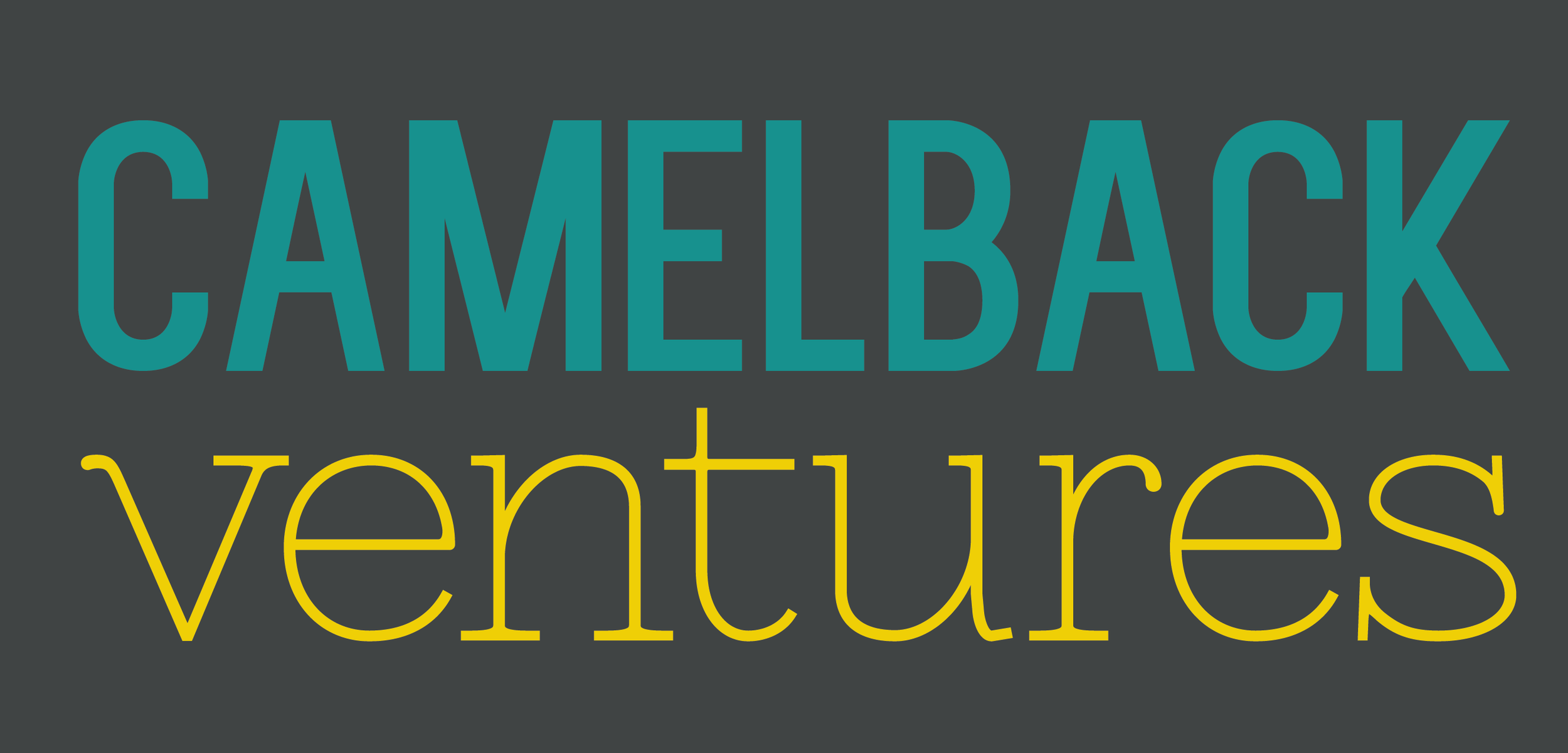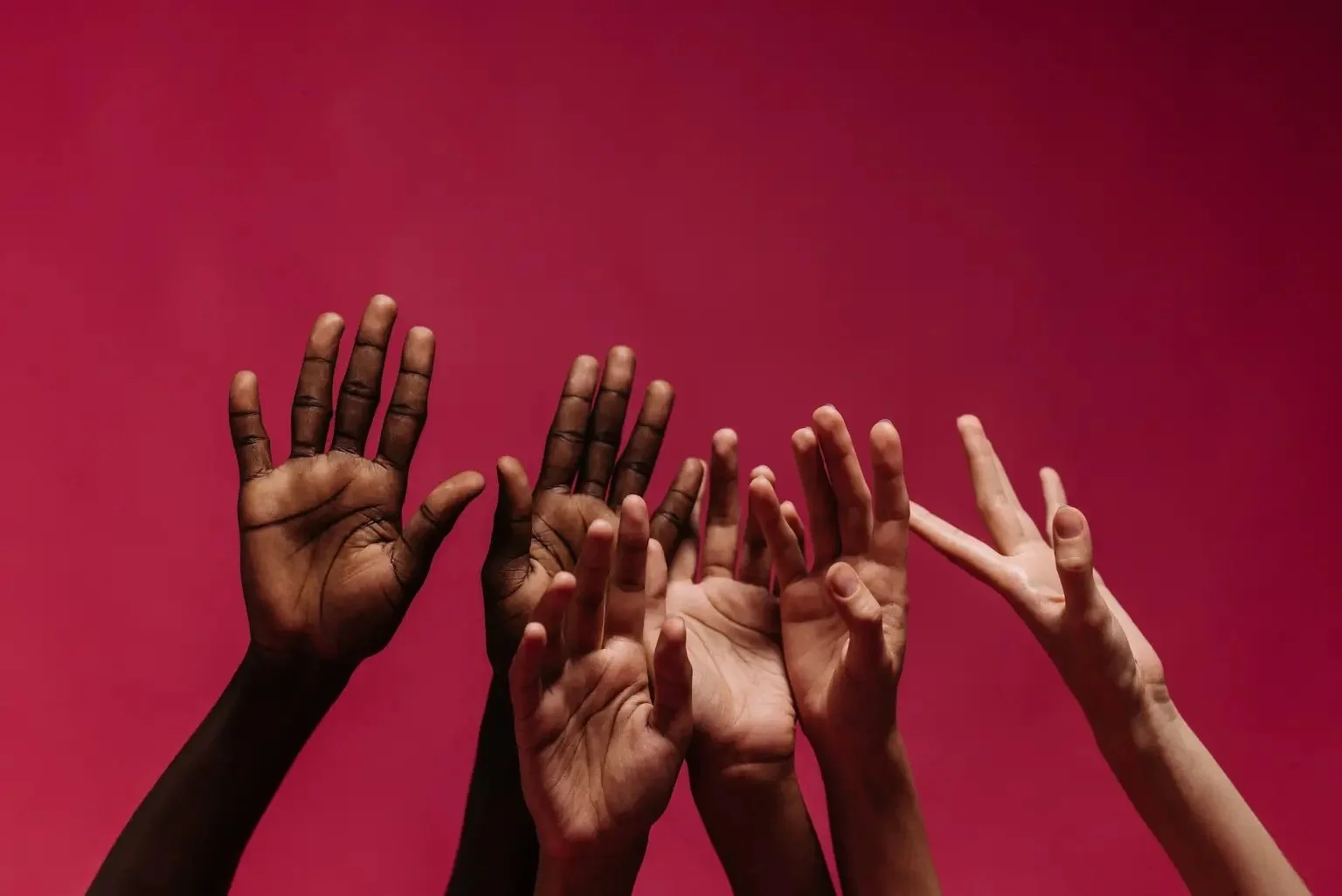“To move towards building more equitable systems, we must also be willing to take a deep look at our history. The value of knowing your history is like a bow and arrow, you must pull back to be able to spring forward. We must pull back and really acknowledge the ways different groups of people have historically been (and continue to be) marginalized, in order to spring forward and build a future that centers the liberation of us all.”
Read More“…the system that currently governs how philanthropy flows upholds white supremacy. And if everyday citizens and communities of color don’t know how that system works—or, more accurately, doesn’t work—we can’t agitate, advocate for, imagine, design, or demand change to a system that quietly affects us all.”
Read More“Across the Deep South, we see examples of foundations and philanthropists creating complicated grant applications and reporting requirements in order to dole out small sums of money to communities upon whose backs their wealth was built in the first place. Imagine the trauma of applying for funds from a foundation that bears the name of the people that enslaved your ancestors. And then being forced to center the shortcomings of your community in order to convince them that your request is justified.”
Read More“Racism works to separate people - to undermine human relationships through fear, violence, and misinformation. Relationships are an antidote to these insidious, confusing ideas and building them is an essential skill in order for racial equity in philanthropy to become reality.”
Read More“Money is constantly flowing and it is unbelievably abundant…when it is not being hoarded. In a capitalist society where folks are ‘perishing on a lonely island of poverty in the midst of a vast ocean of material prosperity’, love looks like access to abundant capital.”
Read More“When we incorrectly label the money in foundations and donor-advised funds as still belonging to the founders, we then also act like the money – and the foundation – belong to them, which perpetuates a concentration of power at odds with our sector’s aims. Words matter. Our words influence who holds power.”
Read More“I believe White funders have a place to support equity insofar as they continue their own journey and continue to build authentic relationships with a diverse group of leaders.”
Read More“I would describe myself as a systems thinker, and yet I realized that to some degree I was complicit in helping the philanthropic ‘system’ - the accumulation of financial capital, social capital, and power along race and gender lines - seek stasis and self-perpetuation. But why? I was hungry to do better.”
Read More“Many individual donors and foundation leaders are thinking about why they might get involved and also how to pursue racial equity in their grant-making. As a philanthropy leader and fellow traveler on this path, I am offering up some discussion questions that were helpful within my organization, and I hope they might be helpful to others as well.”
Read MoreWe started the year by onboarding our first ever COO - Kelli Murray. Join us in welcoming Kelli to the #CamelbackFam and get to know more about her in this Q+A.
“The [Capital Collaborative] gave me the safe space with a group of like-minded peers to learn and gain a richer understanding of power dynamics and the meaning of equity.”
Read More“The 2021 Capital Collaborative was such a transformative experience because it hit on so many components of my life: The personal (how race has played a role in where I sit in the world today), the familial (as a board member of my family’s foundation), the professional (as the Director of Philanthropy at a wealth management firm). While I expected I would learn a lot from others, I was not prepared for the ways in which the journeys of the participants – both funders and social entrepreneurs - would lead to huge shifts in my thinking and actions.”
Read MoreHere we go again! The Camelback Fellowship application is open October 1st - October 18th.
Read More“I am committed to building authentic, trustworthy relationships in the community and to ensuring that our grantmaking is reflective of our community. I will also aid in reducing the implicit bias that exists in many philanthropic processes and make certain that access and trust are at the core of our grantmaking. I don’t have all the answers and twenty years into my career I am finally ok with that. It is time to invest in the real experts in our community to see the shared goal of lasting, systemic change.”
Read More“The highlight of the Capital Collaborative for me was multifold. I was grateful for the history of white philanthropy. I was grateful for the foundational discussions of white supremacy. I learned to admit, regardless of what I thought I was, that I am a white supremacist by virtue of my white privilege.”
“I’m an optimist by nature. I rarely carry an umbrella when I leave my house because I’m sure it's not going to rain. I’m confident that I can get five things done in the 10 minutes I have before my next meeting. And even in the face of slow progress to fully support Black and Brown student success, I truly believe we can redesign our schools to be equitable places where all students experience love, connection, and support to pursue their goals and passions.”
Read More“Curiosity opens the door to conversations with folks at different points on their own racial equity journeys. Curiosity allows for interrogation of my own physical reactions and feelings. Curiosity makes receiving feedback – especially difficult feedback – easier. Curiosity builds relationships that move from transactional to trusting.”
Read More“The public health crisis in the last 15+ months has been a season of introspection. The pandemic has affirmed that the racial and economic disparities Camelback Fellows work to change is real. This period in time has also encouraged us to make sure that our mission and vision is aligned with our values and what we want to create in the world. Language is a powerful tool that can order your steps and be the light that others can follow.”
“It has been inspiring and uplifting to engage with other white leaders from across the country who are similarly interested in redistributing power and interrogating the way things are and have been done within the funding space. I’m grateful for the space to honestly reflect on failings and shortcomings, with an optimism that, as we know better, we can do better.”
“Since the murder of George Floyd, a summer of uprisings, and the continued police, state, and vigilante violence against Black, Asian, Latinx, and Indigenous people, I have observed white people acting from an increased sense of urgency to restore a sense of ourselves as good. This urgency is more about avoiding our own shame rather than shifting violent systems.”
Read More


















